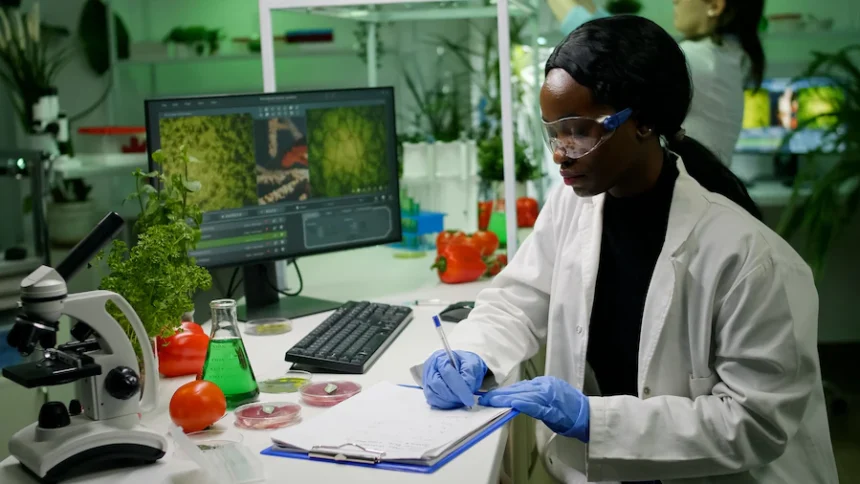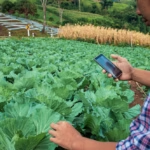Genetic engineering and biotechnology have had a significant impact on agriculture in South Africa. These technologies have provided new opportunities for crop improvement, increased productivity, and improved food security. Here are some key areas where genetic engineering and biotechnology have made an impact:
- Improved Crop Traits: Genetic engineering has allowed for the development of crops with desirable traits, such as resistance to pests, diseases, and herbicides. In South Africa, genetically modified (GM) maize, soybean, and cotton varieties have been commercially cultivated. These crops offer increased yields and reduced crop losses, benefiting farmers and contributing to food production.
- Enhanced Crop Resilience: Genetic engineering has enabled the development of crops that are better adapted to South Africa’s challenging agricultural conditions. Through biotechnology, crops with improved drought tolerance, heat resistance, and salinity tolerance have been developed. These traits help plants withstand adverse environmental conditions, ensuring better crop yields even in harsh conditions.
- Reduced Pesticide Use: Genetic engineering has facilitated the development of insect-resistant crops, such as Bt cotton and Bt maize. These crops produce a toxin derived from the soil bacterium Bacillus thuringiensis (Bt), which is toxic to specific insect pests. By incorporating Bt genes into crops, farmers can reduce pesticide use, resulting in environmental benefits, decreased costs, and improved farm worker safety.
- Enhanced Nutritional Content: Biotechnology has been employed to enhance the nutritional content of crops. In South Africa, for instance, biofortified crops like vitamin A-enriched “orange” maize have been developed. These crops help address micronutrient deficiencies and improve the nutritional status of vulnerable populations.
- Disease Management: Biotechnology tools, including genetic engineering, have been utilized to combat plant diseases. For example, in South Africa, genetic engineering has been employed in the development of citrus plants resistant to citrus greening disease, a significant threat to the citrus industry. These disease-resistant crops help mitigate the economic losses associated with disease outbreaks.
- Increased Agricultural Productivity: The adoption of genetically modified crops has contributed to increased agricultural productivity in South Africa. GM crops have higher yields, increased resistance to pests and diseases, and reduced post-harvest losses. This has positively impacted the agricultural sector, helping meet the growing demand for food, fiber, and biofuels.
- Regulatory Framework: South Africa has established a regulatory framework for the safe use and commercialization of genetically modified organisms (GMOs). The country has a comprehensive and science-based approach to assess and manage the potential risks associated with GMOs. This framework ensures the safe adoption and monitoring of genetically modified crops in the agricultural sector.
It’s important to note that while genetic engineering and biotechnology offer several benefits, they also raise concerns related to biosafety, biodiversity, intellectual property rights, and socio-economic impacts. Therefore, the responsible and ethical use of these technologies, along with proper regulation and public engagement, is crucial for maximizing their positive impact on agriculture in South Africa.







